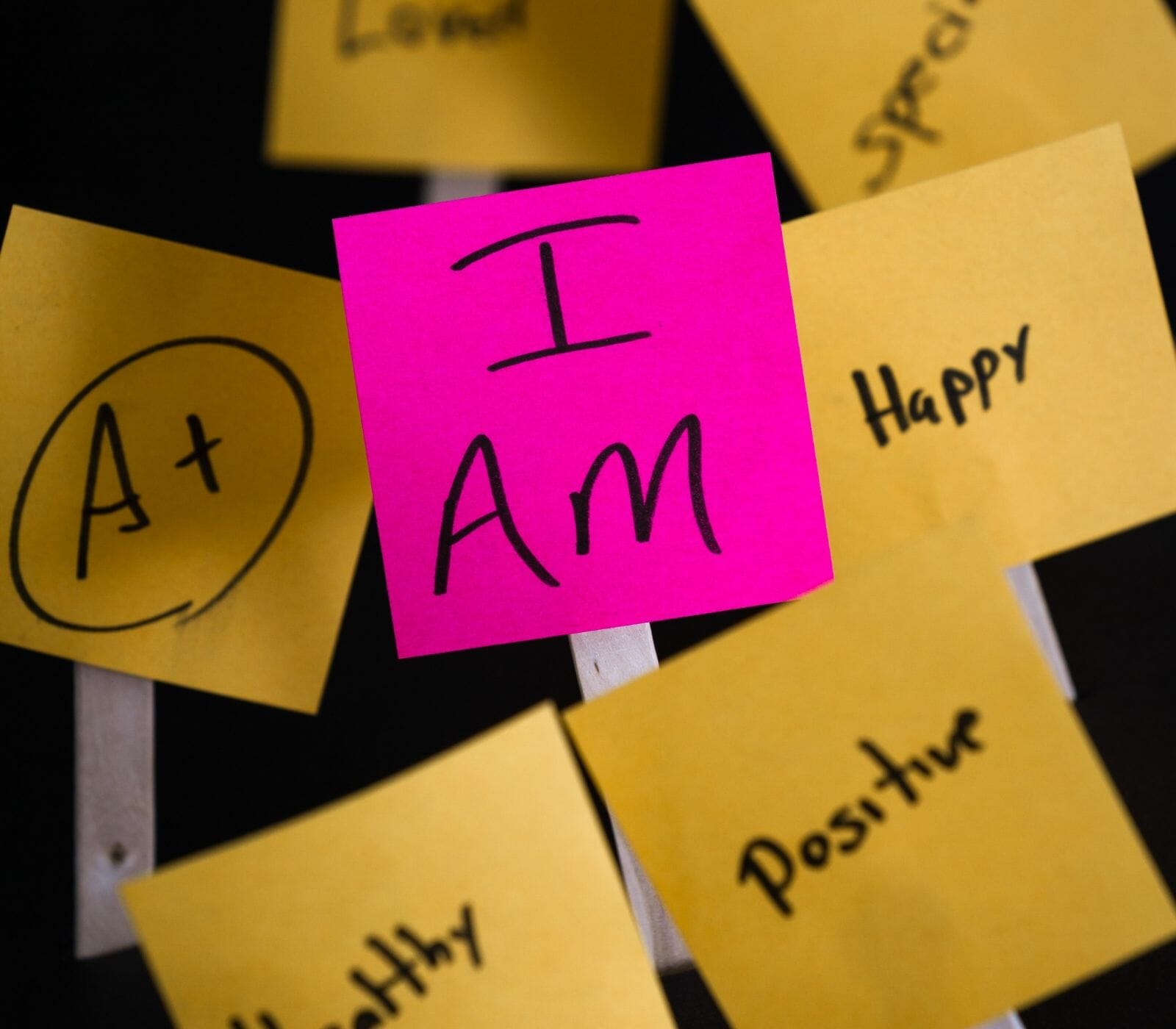What is a Self-Help Book, and Why the Genre is Controversial

Musings About the Self-Help Genre
What is a Self-Help Book, and why the genre is controversial?
While the literary self-help genre helps many readers make positive changes in their lives, it also carries a somewhat negative connotation.
Oh no…Another Self-Help book!
But why are self-help books so controversial?
The main reason is the so-called “ready-made formulas” provided in some of these works, as I explain below.
I write this text precisely because the dilemma surrounding the expression “self-help book” is present among people who come to us at iSpirit interested in writing a book. Among them, there are both those who want their works to be self-help, as well as those who reinforce: “I just don’t want my book to look like a self-help one.”.
The Origin of Bad Fame
Self-Help is the genre that becomes autonomous and develops at the beginning of the 20th century, basically linked to the problems evoked by life in mass society, the need to interpret new forms of life at work, in desire and in language.”
The Positivist mind needed to have guidelines to cope with the ever-changing pace of modern life.
The Self-Help genre rises in parallel with the decline in moral and religious narratives based on the “example to follow.”
We should cite that the first great example of this is the classic “How to Make Friends and Influence People,” published in 1936 by Dale Carnegie, which described simply and efficiently how we must act to acquire the then unstable and mysterious value that is “capital” Social.”
We shall mention highlights some of the advice contained in work: “Do not criticize, condemn or complain,” “Give honest and sincere appreciation,” “Arouse a burning desire in the other person,” or “Become genuinely interested in other people, smile, remember that a person’s name, be a good listener, make the other person feel important – and do it sincerely.”
PARADOX IN THE SELF-HELP LITERATURE
According to some Psychologists, however, there is a paradox in the self-help literature. Self Help Book often creates rules that are only useful for those who do not need them as “rules.” For example, “Become genuinely sincere and interested in others” is a technique for winning friends and artificially obtaining more power, he noted. That is, those who are genuinely sincere and interested in others are not looking for something in return.
Over time, the initial function of self-help, which was to be a practical manual for social survival, became an instrument to face the crisis of meaning in an increasingly chaotic, dangerous, and predatory world.
“People are looking for formulas so that they can live their own lives under these ‘rules,'” he noted.
The big problem is that these books can end up being “a handbook of helplessness” or alienation for someone to walk away and avoid what is really decisive. That is, to have the autonomy to think, criticize and choose your best way to deal with practical problems. There are always challenges and moral choices that life places us, and we can’t avoid them.
However, these works can be positive channels. Every self-help really works. The problem is to know for what and for whom (…). This movement to treat your problems and face difficulties is beneficial. Everything depends on the ‘way of using it.
The Good Self-Help Books
Self-help books’ bad reputation arises from the critical reading of individual readers, who observed ready-made formulas and started to question them since they do not always serve or work for everyone.
However, it is important to filter what works for us and understand that many self-help books are of excellent quality and, in fact, provide reflection and positive feedback to readers.
Some people argued that the Self-Help genre was born in the West, with Socrates as its primary representative. And the Socratic motto is ‘know yourself,’ and that’s the smart self-help principle.
We can’t ignore that the self-Help industry has gained an air of trivialization in some ways. Take the law of attraction, for instance, the perpetual happy thinking that Metaphysically disregards many other intrinsic “cosmic laws.
Some of the lousy literature exists in any area. We know that.
How to Write a Good Self-Help Book?
Therefore, if you are writing your book and are concerned about the bad pejorative character of self-help books, don’t worry. Just don’t.
Just note that you are not bringing ready-made formulas and be more concerned with giving real examples. Many people can benefit from inspiring books and not as a compendium of rules.
Always keep in mind that not everything that works for some is useful for everyone. Your manuscript may not be at risk of being on a list of “squalid” self-help books.
Want help writing your story? Consult us.




